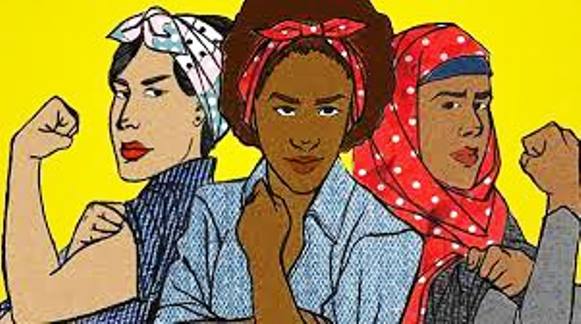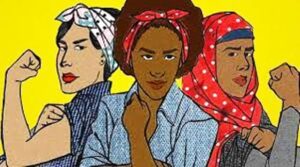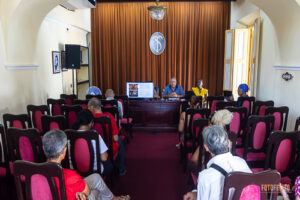Women and their demands in today’s context.


We currently have the International Convention on the Elimination of All Forms of Discrimination against Women (CEDAW), from which principles are derived and expressed in the Charter of Human Rights, which influences the Universal Declaration of Human Rights. These principles were affirmed at the Vienna Conference on Human Rights in 1993. The Vienna Declaration and Program of Action affirmed that the human rights of women and girls are an inalienable, integral and indivisible part of human rights.
The Convention is a milestone in women’s human rights and addresses them in an inclusive manner, in all spheres of life and throughout the life cycle, i.e., from childhood to adulthood.
Its articles reflect a unique vision based on international human rights law, rooted in the fact that the rights of girls and women are inseparable. It recognizes the obvious that the rights of girls are the rights of the women of tomorrow.
This treaty is the result of more than 30 years of work by the United Nations, especially the UN Commission on the Status of Women, created in 1946 to monitor the situation of women and promote their rights, but it is above all the fruit of the struggles and pressures exerted by the women’s movement to eliminate gender discrimination and promote respect for their rights under conditions of justice and equity.
In December 1979, the UN General Assembly approved the Convention, which entered into force in September 1981, when it was ratified by 20 countries.
Cuba had the satisfaction of being the first country to sign the Convention in March 1980, thereby committing itself to the world to comply with the principles it had begun to apply since the triumph of the Revolution in 1959. Ratification took place in July of the same year, the second country in the world.
It is significant to note that it is the most ratified international legal instrument in history.
This Convention is not only a Declaration, but also a Program of Action. An analysis of its context shows that the text focuses on three fundamental aspects: civil rights and the legal and social status of women.
Unlike other treaties, it deals with human reproduction and is the only human rights treaty that addresses family planning. By formally recognizing the role of this document, the concept of human rights, culture and tradition in limiting women’s exercise of their fundamental rights is broadened.
There is a Committee in charge of ensuring compliance with the Convention, composed of experts representing different geographical areas, cultures and legal systems.
These experts, appointed by their governments, are elected by secret ballot by the states that are part of the Convention and must serve in their personal capacity for several terms. Cuba is a member of the Committee with one expert, a member of the Federation of Cuban Women. Among them, Dr. Yamila González Ferrer, vice-president of the National Union of Jurists of Cuba, was recently elected as an expert.
The Federation of Cuban Women (FMC), an organization created by the will of the women themselves and officially constituted on August 23rd, 1960, has played a fundamental role in this process. The FMC has been and is a decisive factor in the initiative, proposal and materialization of laws for the benefit of women and the family throughout these four decades and has had a decisive influence during these years in that Cuban legislation contemplates a different perspective of male-female relations in society.
Written by Elizabeth Perera Arencibia, 2nd year law student at the University of Matanzas.




